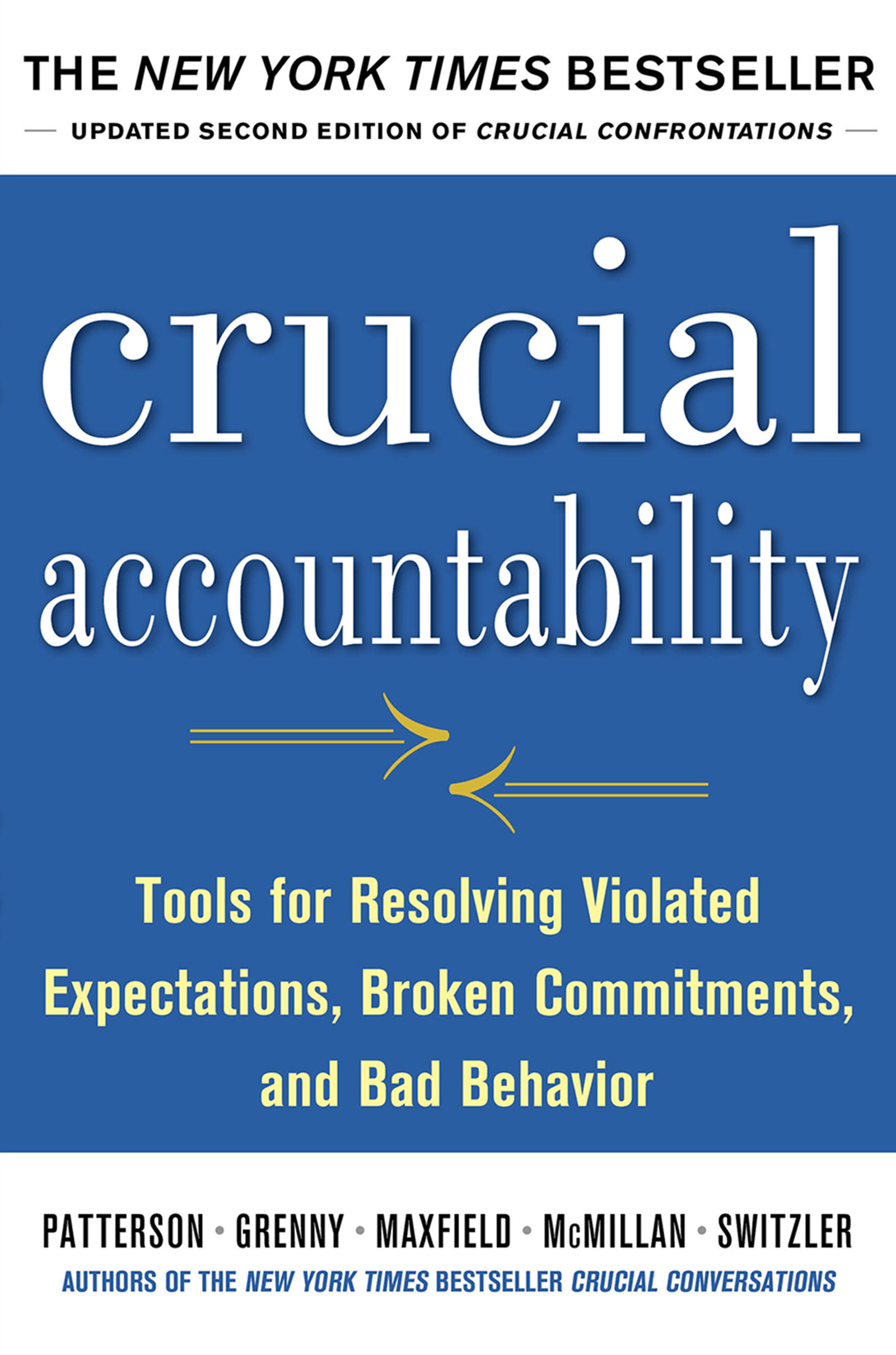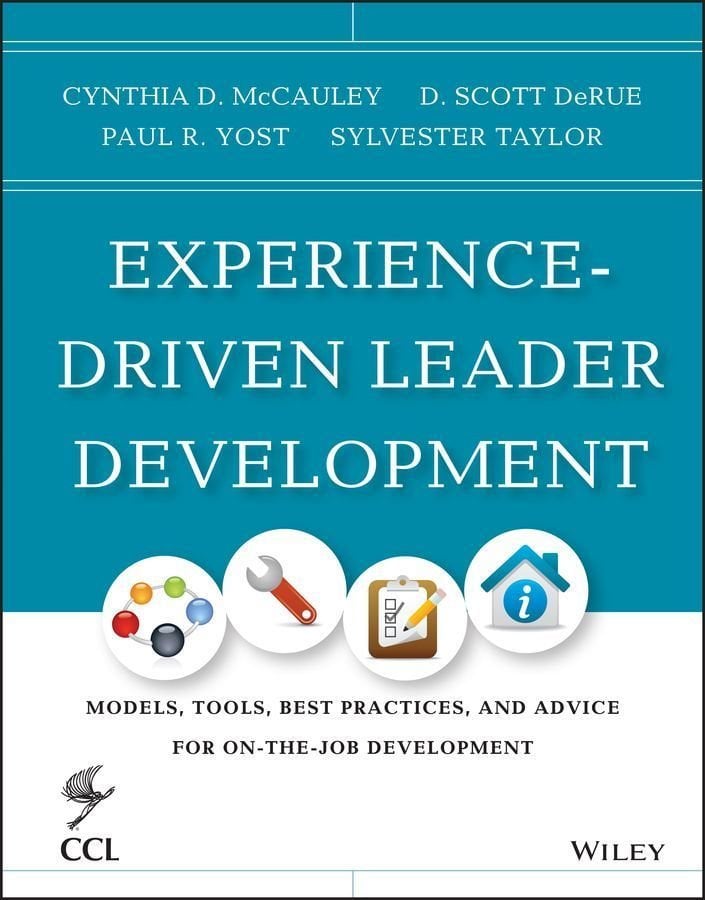This book focuses on the effects of rural livelihood and the impact of infectious diseases on health and poverty. It explores cultures and traditions in developing countries and their role in infectious-disease management and prevention. It highlights the associated healthcare systems and how these have contributed to some of the challenges faced, and goes on to elaborate on the significance of community involvement in infectious-disease prevention, management and control. It also emphasizes the importance of surveillance and setting up strategies on infectious-disease management that are favourable for poor communities and developing countries. Infectious Diseases and Rural Livelihood in Developing Countries allows students, researchers, healthcare workers, stakeholders and governments to better understand the vicious cycle of health, poverty and livelihoods in developing countries and to develop strategies that can work better in these regions.












